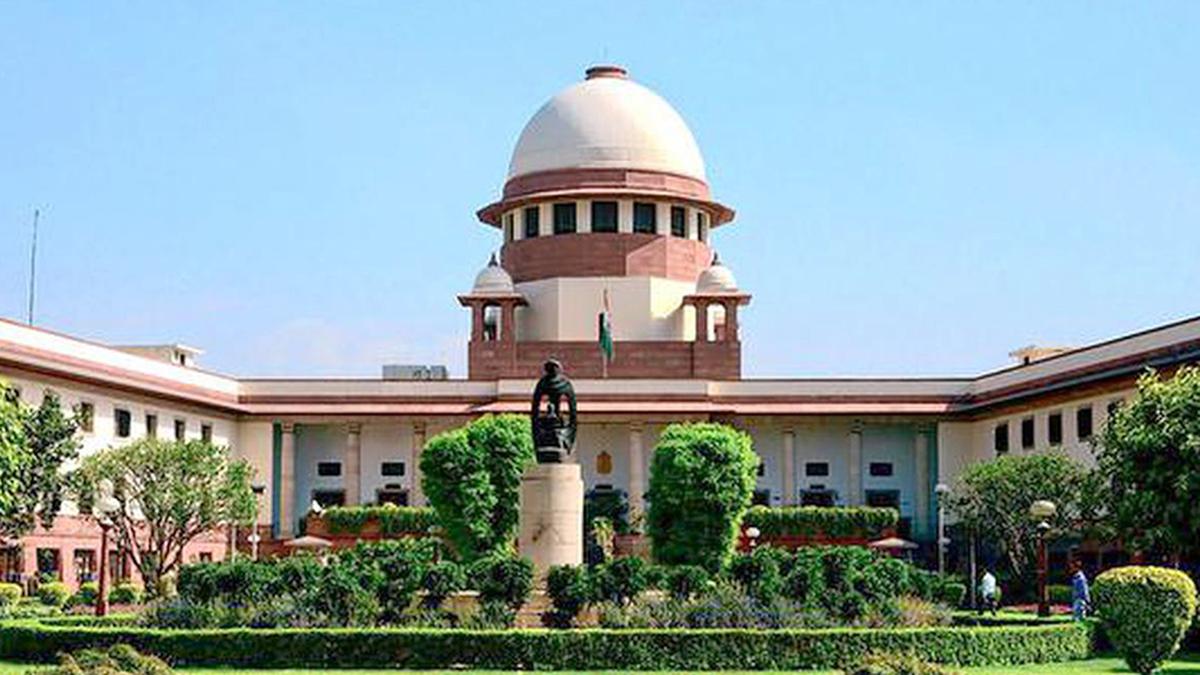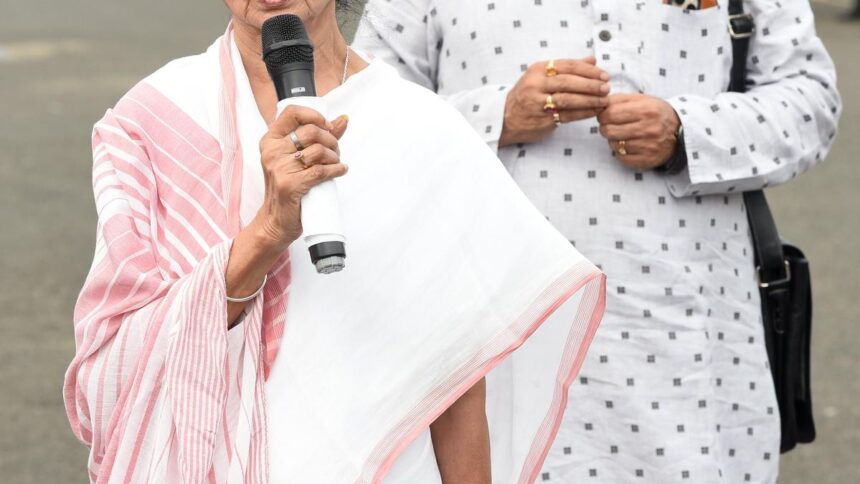Observing that concerns over a couple’s parenting abilities cannot be invoked retrospectively to restrict their reproductive choice, the Supreme Court on Thursday (October 9, 2025) ruled that the age limits under the Surrogacy (Regulation) Act, 2021, do not apply to couples who had frozen their embryos and initiated the surrogacy process before the law came into force on January 25, 2022.
A Bench of Justices B.V. Nagarathna and K.V. Viswanathan delivered concurring opinions while hearing applications filed by three couples who argued that they had created and preserved embryos long before the enactment of the 2021 law and were therefore unfairly disqualified by the subsequent age limits.
Under Section 4(iii)(c)(I) of the Act, an intending couple is eligible for surrogacy only if the woman is between 23 and 50 years of age and the man is between 26 and 55 years. The petitioners contended that these limits could not retrospectively disqualify those who had already completed the medical procedures culminating in embryo freezing.
Justice Nagarathna observed that the law should not draw a distinction between couples who conceive naturally and those who require medical assistance to do so. “…Prior to the enforcement of the Act, the intending couples were on the same footing as couples who wished to conceive naturally. But the stark distinction is that, owing to medical reasons/disadvantages, they could not have children naturally. Having exercised this parity in freedom by commencing the surrogacy process, can it be said that they can now be denied the continued exercise of this freedom only because of the age bar under the Act? We are not inclined to believe so,” she said. She further noted that there are no age restrictions in adoption under personal laws and questioned why such restrictions should apply to couples who, for medical reasons, opted for assisted reproduction.
The Bench clarified that it was not “questioning the wisdom of Parliament” in imposing age limits or examining the validity of those restrictions but was confined to the issue of their retrospective application. It also held that the exemption would extend to cases where embryos were created and frozen before the commencement of the Act, even if implantation in the surrogate’s womb had not yet taken place. While the ruling directly benefits the three couples before it, the court said others in similar circumstances may approach the concerned High Courts for appropriate relief.
Explained: The new laws relating to surrogacy and assisted reproduction, and related challenges
‘Unfettered right’
During the proceedings, the Union government, represented by Additional Solicitor-General Aishwarya Bhati, had opposed the pleas, arguing that the age bar was designed to safeguard the welfare of the child and ensure the medical safety of both the surrogate and the intending parents. She had contended that the statutory limits were based on expert medical recommendations and reflected natural reproductive timelines.
The Bench, however, rejected this contention, holding that the state could not question a couple’s parenting competence once they had lawfully embarked upon the surrogacy process. It underscored that reproductive autonomy, safeguarded under Article 21 of the Constitution, must be upheld irrespective of apprehensions linked to advanced age. The court also relied upon its 2009 ruling in Suchita Srivastava v. Chandigarh Administration, where it had upheld the right of a pregnant rape survivor with mental disabilities to carry her pregnancy to term.
“Concerns over parenting and gamete quality, while possibly being legitimate concerns for lawmakers (though we do not express any opinion on the same), are not compelling reasons for retrospective application of the Act, especially since the state allows some categories of couples (those who wish to conceive naturally) to procreate despite these concerns or, for that matter, to opt for adoption as per personal law,” the court said.
Noting that there was no statutory age ceiling prior to 2021, the Bench observed that the couples had acted within the then-prevailing legal framework. “The intending couples have a constitutional right which was unfettered when they commenced the process of surrogacy. The same can be curtailed only by reasonable restrictions and by not interpreting the Act unfairly, so as to completely curtail their constitutional right to surrogacy, which was unfettered by the Act, not giving a retrospective or even a retroactive effect to the Act under consideration,” the ruling stated.
The applications were filed in a pending writ petition by infertility specialist Dr. Arun Muthuvel, who has challenged several provisions of the 2021 law and its subsequent amendments. The petitioners had commenced in vitro fertilisation (IVF) treatment in 2020 and, following medical advice, decided to pursue surrogacy owing to complications such as excessive bleeding during previous pregnancies and advanced maternal age.
The court was informed that the transfer of embryos to the surrogate’s womb had to be postponed due to disruptions caused by the COVID-19 pandemic. By the time they were able to resume the process in early 2022, the Act and its accompanying rules had come into force, rendering them ineligible on account of the newly introduced age limits.
The Bench observed that once the embryos were created and frozen, the couples had taken all essential steps necessary to initiate the surrogacy process, and any subsequent steps would involve only the surrogate mother. This, it said, demonstrated their “manifest intention” to pursue surrogacy.
Published – October 09, 2025 09:38 pm IST






















